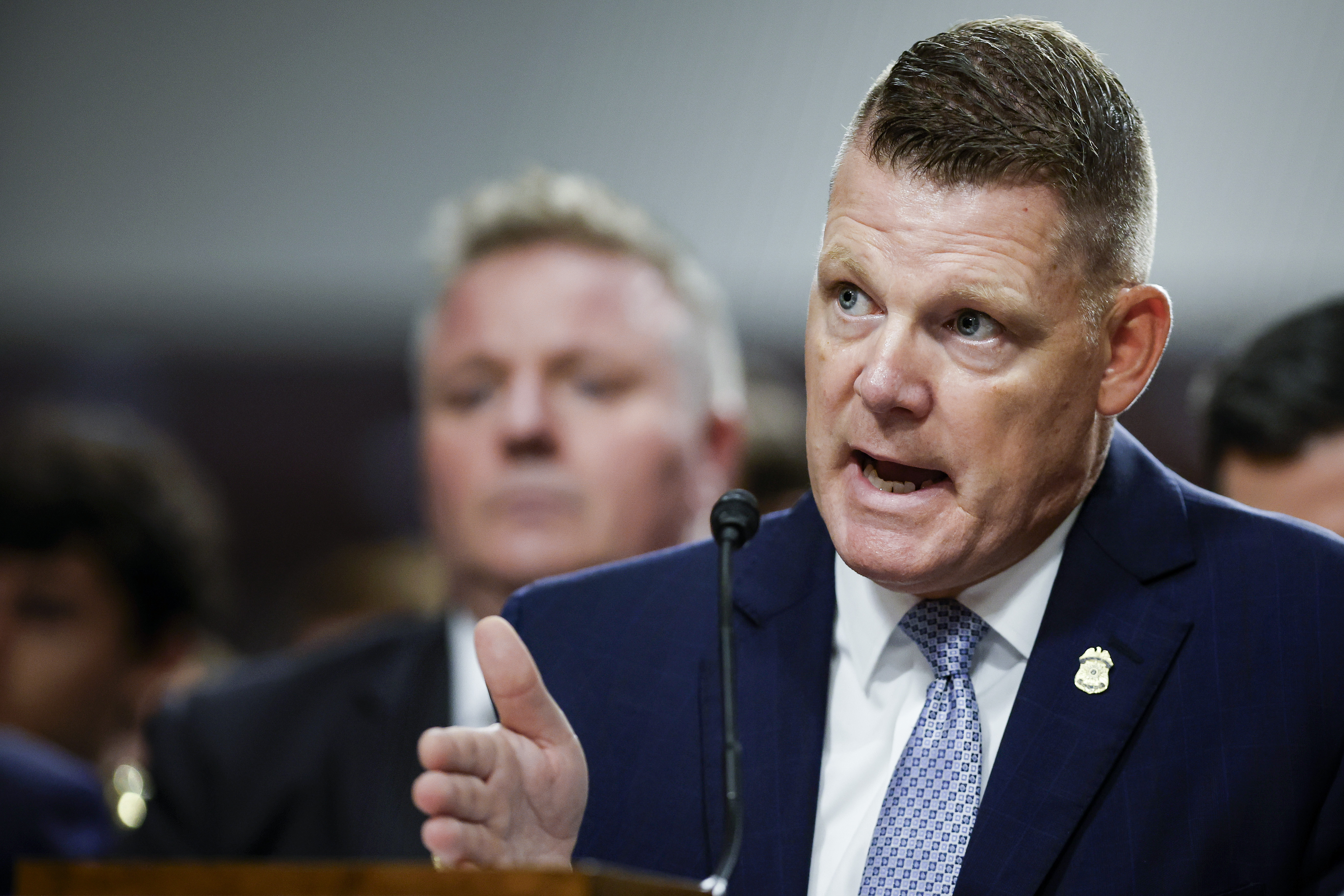Here is the latest
•
Rowe Refutes Claims Secret Service Skipped Meeting With Local Officers
•
Rowe: Not True that Trump Secret Service Transferred to First Lady
•
Rowe Doesn’t Know if Law Enforcement Was Supposed to Be on Roof
•
Acting Secret Service Director: ‘I Will Not Rush to Judgment’
•
Sen. Rick Scott Questions Officials’ Lack of Press Conferences After Shooting


